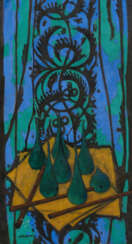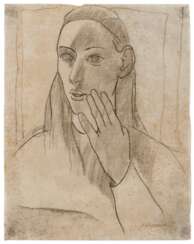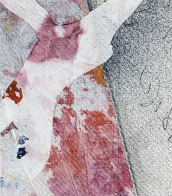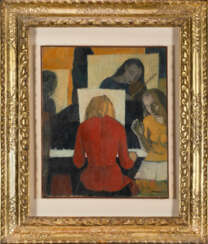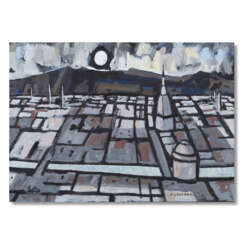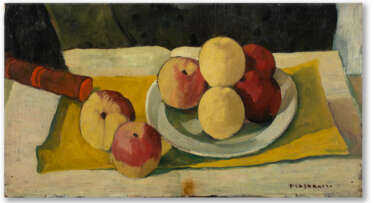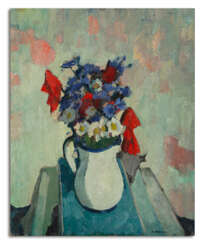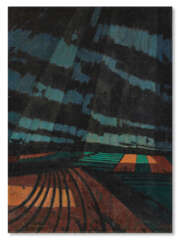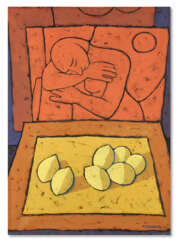felice casorati (1883 - 1963)
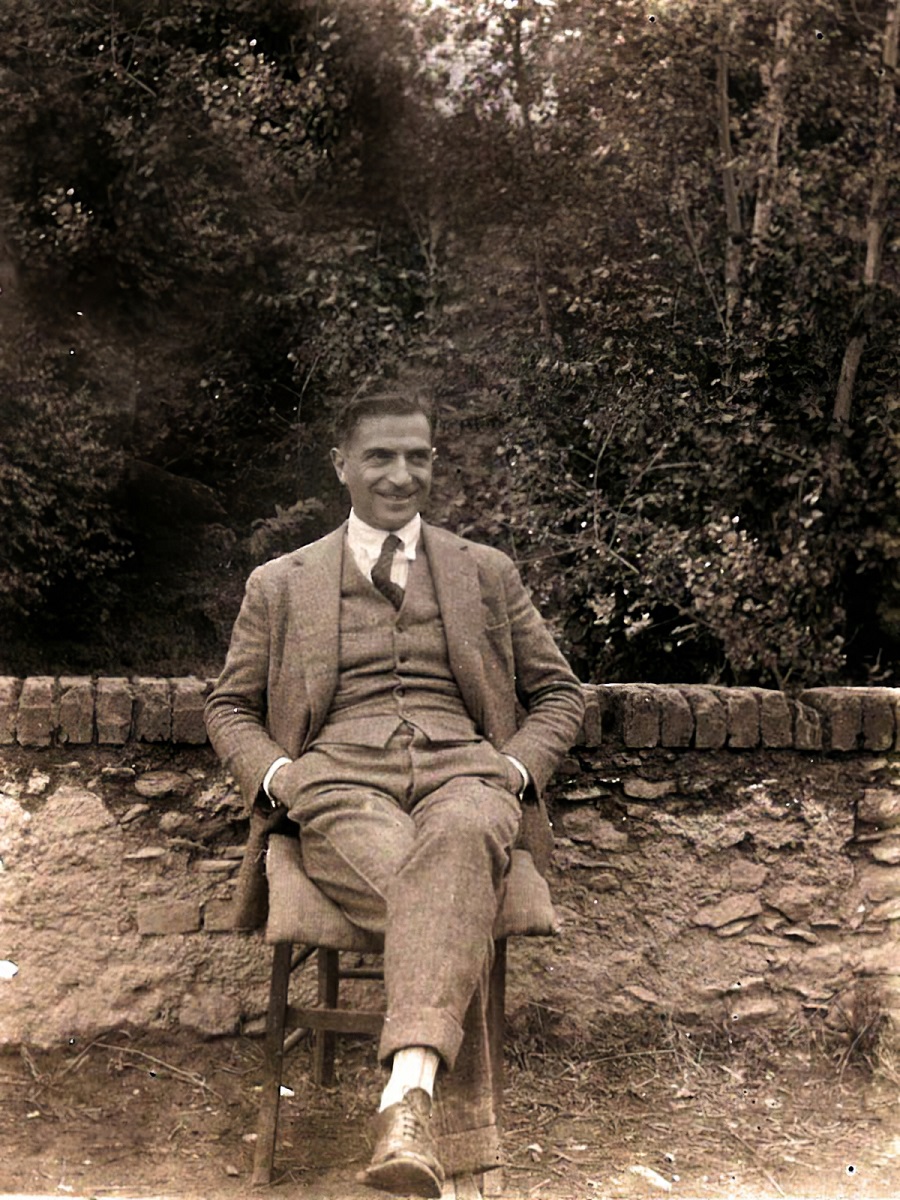
Felice Casorati was an Italian painter. The future painter originally studied piano, then graduated from the Faculty of Law at the University of Padua. At the same time he took painting lessons, first in Pavia, and from 1908 in Naples. In 1907 and 1909 held exhibitions of his paintings in Venice.
Felice Cazorati's work is strongly influenced by Symbolism and the Art Nouveau style (especially Gustav Klimt). In the early 1920s, the artist embraces the metaphysical realism of Giorgio de Chirico and uses his principles of spatial construction on the canvas. Later in the 1920s, he studied Renaissance art (in particular the works of Piero della Francesca). He painted still-lifes, genre and religious paintings, women's portraits and nudes, and also worked as a theatrical artist.
At the end of the 1920s, Felice Cazorati opened his own art school in Turin, and also taught at the Turin Academy of Art.
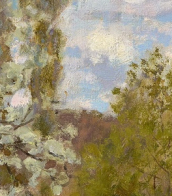

Felice Casorati was an Italian painter. The future painter originally studied piano, then graduated from the Faculty of Law at the University of Padua. At the same time he took painting lessons, first in Pavia, and from 1908 in Naples. In 1907 and 1909 held exhibitions of his paintings in Venice.
Felice Cazorati's work is strongly influenced by Symbolism and the Art Nouveau style (especially Gustav Klimt). In the early 1920s, the artist embraces the metaphysical realism of Giorgio de Chirico and uses his principles of spatial construction on the canvas. Later in the 1920s, he studied Renaissance art (in particular the works of Piero della Francesca). He painted still-lifes, genre and religious paintings, women's portraits and nudes, and also worked as a theatrical artist.
At the end of the 1920s, Felice Cazorati opened his own art school in Turin, and also taught at the Turin Academy of Art.
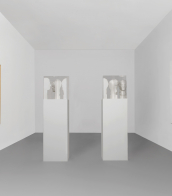

Felice Casorati was an Italian painter. The future painter originally studied piano, then graduated from the Faculty of Law at the University of Padua. At the same time he took painting lessons, first in Pavia, and from 1908 in Naples. In 1907 and 1909 held exhibitions of his paintings in Venice.
Felice Cazorati's work is strongly influenced by Symbolism and the Art Nouveau style (especially Gustav Klimt). In the early 1920s, the artist embraces the metaphysical realism of Giorgio de Chirico and uses his principles of spatial construction on the canvas. Later in the 1920s, he studied Renaissance art (in particular the works of Piero della Francesca). He painted still-lifes, genre and religious paintings, women's portraits and nudes, and also worked as a theatrical artist.
At the end of the 1920s, Felice Cazorati opened his own art school in Turin, and also taught at the Turin Academy of Art.


Felice Casorati was an Italian painter. The future painter originally studied piano, then graduated from the Faculty of Law at the University of Padua. At the same time he took painting lessons, first in Pavia, and from 1908 in Naples. In 1907 and 1909 held exhibitions of his paintings in Venice.
Felice Cazorati's work is strongly influenced by Symbolism and the Art Nouveau style (especially Gustav Klimt). In the early 1920s, the artist embraces the metaphysical realism of Giorgio de Chirico and uses his principles of spatial construction on the canvas. Later in the 1920s, he studied Renaissance art (in particular the works of Piero della Francesca). He painted still-lifes, genre and religious paintings, women's portraits and nudes, and also worked as a theatrical artist.
At the end of the 1920s, Felice Cazorati opened his own art school in Turin, and also taught at the Turin Academy of Art.
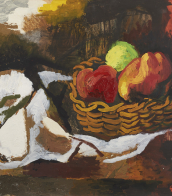

Felice Casorati was an Italian painter. The future painter originally studied piano, then graduated from the Faculty of Law at the University of Padua. At the same time he took painting lessons, first in Pavia, and from 1908 in Naples. In 1907 and 1909 held exhibitions of his paintings in Venice.
Felice Cazorati's work is strongly influenced by Symbolism and the Art Nouveau style (especially Gustav Klimt). In the early 1920s, the artist embraces the metaphysical realism of Giorgio de Chirico and uses his principles of spatial construction on the canvas. Later in the 1920s, he studied Renaissance art (in particular the works of Piero della Francesca). He painted still-lifes, genre and religious paintings, women's portraits and nudes, and also worked as a theatrical artist.
At the end of the 1920s, Felice Cazorati opened his own art school in Turin, and also taught at the Turin Academy of Art.
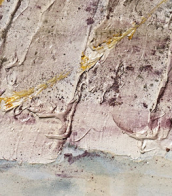

Felice Casorati was an Italian painter. The future painter originally studied piano, then graduated from the Faculty of Law at the University of Padua. At the same time he took painting lessons, first in Pavia, and from 1908 in Naples. In 1907 and 1909 held exhibitions of his paintings in Venice.
Felice Cazorati's work is strongly influenced by Symbolism and the Art Nouveau style (especially Gustav Klimt). In the early 1920s, the artist embraces the metaphysical realism of Giorgio de Chirico and uses his principles of spatial construction on the canvas. Later in the 1920s, he studied Renaissance art (in particular the works of Piero della Francesca). He painted still-lifes, genre and religious paintings, women's portraits and nudes, and also worked as a theatrical artist.
At the end of the 1920s, Felice Cazorati opened his own art school in Turin, and also taught at the Turin Academy of Art.
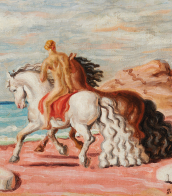

Felice Casorati was an Italian painter. The future painter originally studied piano, then graduated from the Faculty of Law at the University of Padua. At the same time he took painting lessons, first in Pavia, and from 1908 in Naples. In 1907 and 1909 held exhibitions of his paintings in Venice.
Felice Cazorati's work is strongly influenced by Symbolism and the Art Nouveau style (especially Gustav Klimt). In the early 1920s, the artist embraces the metaphysical realism of Giorgio de Chirico and uses his principles of spatial construction on the canvas. Later in the 1920s, he studied Renaissance art (in particular the works of Piero della Francesca). He painted still-lifes, genre and religious paintings, women's portraits and nudes, and also worked as a theatrical artist.
At the end of the 1920s, Felice Cazorati opened his own art school in Turin, and also taught at the Turin Academy of Art.
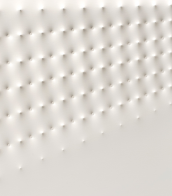

Felice Casorati was an Italian painter. The future painter originally studied piano, then graduated from the Faculty of Law at the University of Padua. At the same time he took painting lessons, first in Pavia, and from 1908 in Naples. In 1907 and 1909 held exhibitions of his paintings in Venice.
Felice Cazorati's work is strongly influenced by Symbolism and the Art Nouveau style (especially Gustav Klimt). In the early 1920s, the artist embraces the metaphysical realism of Giorgio de Chirico and uses his principles of spatial construction on the canvas. Later in the 1920s, he studied Renaissance art (in particular the works of Piero della Francesca). He painted still-lifes, genre and religious paintings, women's portraits and nudes, and also worked as a theatrical artist.
At the end of the 1920s, Felice Cazorati opened his own art school in Turin, and also taught at the Turin Academy of Art.


Felice Casorati was an Italian painter. The future painter originally studied piano, then graduated from the Faculty of Law at the University of Padua. At the same time he took painting lessons, first in Pavia, and from 1908 in Naples. In 1907 and 1909 held exhibitions of his paintings in Venice.
Felice Cazorati's work is strongly influenced by Symbolism and the Art Nouveau style (especially Gustav Klimt). In the early 1920s, the artist embraces the metaphysical realism of Giorgio de Chirico and uses his principles of spatial construction on the canvas. Later in the 1920s, he studied Renaissance art (in particular the works of Piero della Francesca). He painted still-lifes, genre and religious paintings, women's portraits and nudes, and also worked as a theatrical artist.
At the end of the 1920s, Felice Cazorati opened his own art school in Turin, and also taught at the Turin Academy of Art.
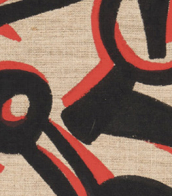

Felice Casorati was an Italian painter. The future painter originally studied piano, then graduated from the Faculty of Law at the University of Padua. At the same time he took painting lessons, first in Pavia, and from 1908 in Naples. In 1907 and 1909 held exhibitions of his paintings in Venice.
Felice Cazorati's work is strongly influenced by Symbolism and the Art Nouveau style (especially Gustav Klimt). In the early 1920s, the artist embraces the metaphysical realism of Giorgio de Chirico and uses his principles of spatial construction on the canvas. Later in the 1920s, he studied Renaissance art (in particular the works of Piero della Francesca). He painted still-lifes, genre and religious paintings, women's portraits and nudes, and also worked as a theatrical artist.
At the end of the 1920s, Felice Cazorati opened his own art school in Turin, and also taught at the Turin Academy of Art.
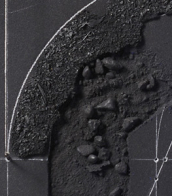

Felice Casorati was an Italian painter. The future painter originally studied piano, then graduated from the Faculty of Law at the University of Padua. At the same time he took painting lessons, first in Pavia, and from 1908 in Naples. In 1907 and 1909 held exhibitions of his paintings in Venice.
Felice Cazorati's work is strongly influenced by Symbolism and the Art Nouveau style (especially Gustav Klimt). In the early 1920s, the artist embraces the metaphysical realism of Giorgio de Chirico and uses his principles of spatial construction on the canvas. Later in the 1920s, he studied Renaissance art (in particular the works of Piero della Francesca). He painted still-lifes, genre and religious paintings, women's portraits and nudes, and also worked as a theatrical artist.
At the end of the 1920s, Felice Cazorati opened his own art school in Turin, and also taught at the Turin Academy of Art.

